Scotch whisky (not “whiskey,” it’s Scottish, not American) is definitely for a strong palate. Not many people drink scotch, opting for American-made whiskey instead.
While I love any type of good whiskey, I am definitely a scotch girl if I have a choice – and scotch is conquering the world.
Whiskey is strong; it’s like fire in your veins. And while National Scotch Day might be a ways away on July 27 (mark it, love it), that doesn’t mean you shouldn’t be ready with an arsenal of facts for when it comes around.
You shouldn’t always drink it straight.
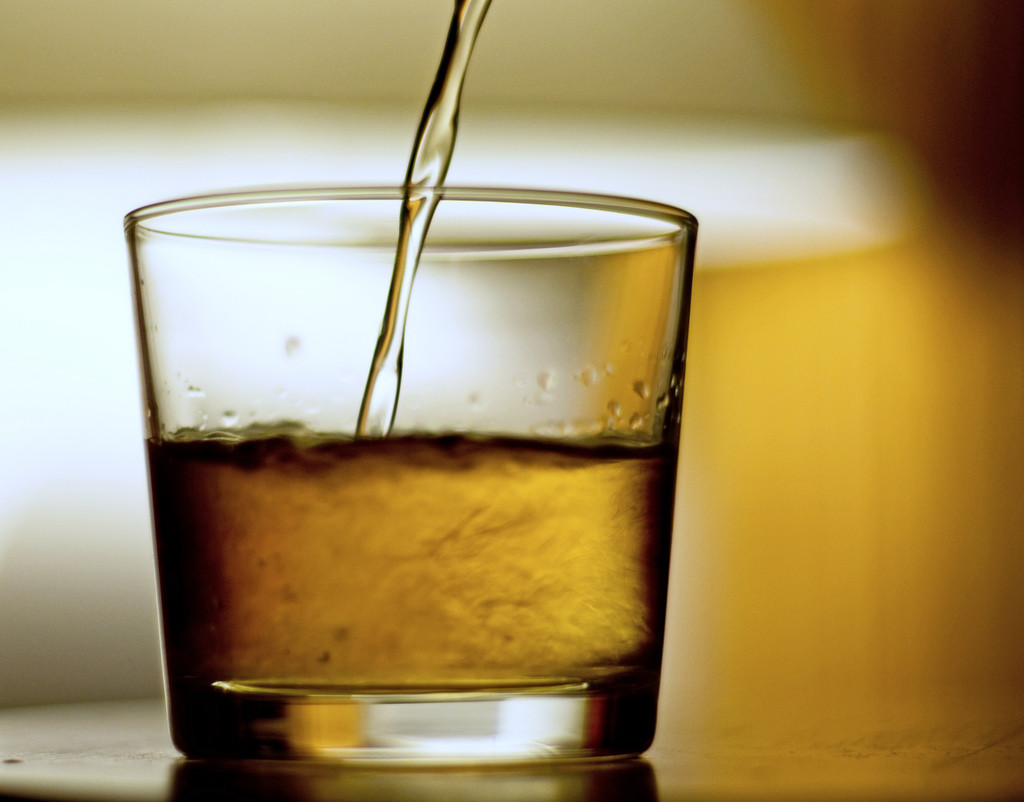
Photo courtesy of flickr.com
Now, I’m all for drinking my scotch neat at a bar (ice masks the complexities of the scotch). But water can help a whisky open up, allowing nuances of its character to come out when they wouldn’t have before. Nearly every master distiller tastes his or her whisky with a few drops of room-temperature water.
It is forever, almost.
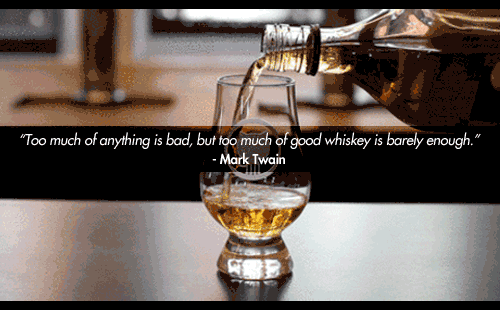
Photo courtesy of tumblr.com
A sealed bottle of whisky can last unopened for a century, if not even longer. Open your bottle and you might be able to keep drinking it for another five years, which is great since you don’t want to drink all that lovely scotch at once.
Single malts are relatively new.
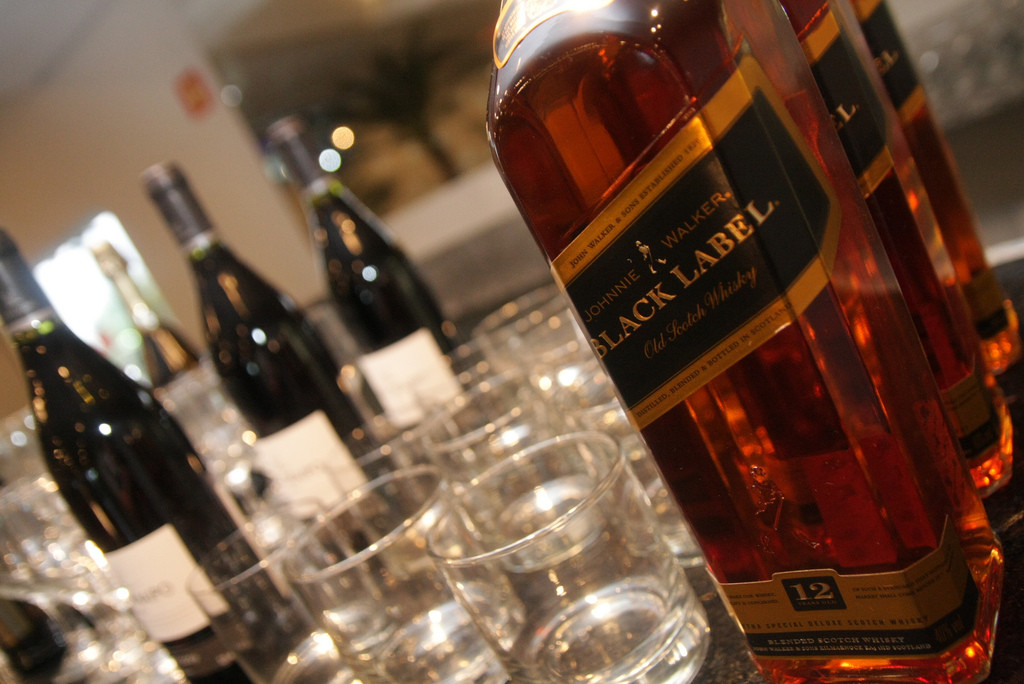
Photo courtesy of flickr.com
Until the 1960s, most single malts went to make blended whisky. Glenfiddich (I’m partial to their 12-year) was arguably the first single malt to be sold on its own. They aren’t always better than blended malts, so don’t blindly pony up the money for those expensive single malts.
It loosely translates to water.
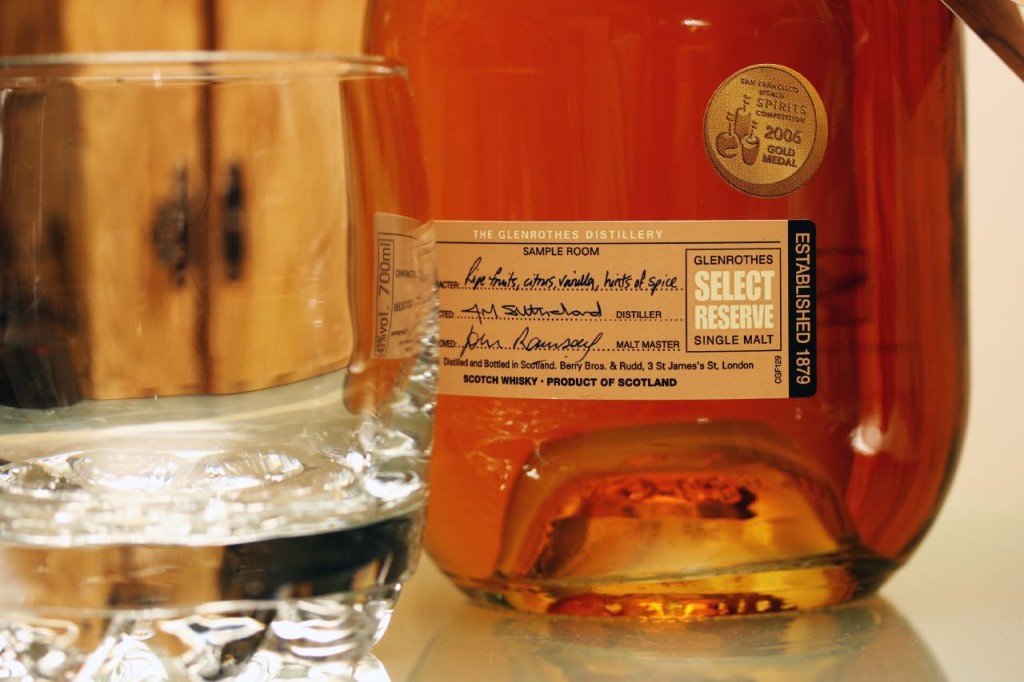
Photo courtesy of flickr.com
Whisky comes from the words Gaelic words uisage beatha, which in turn came from the Latin acqua vitae or “water of life.” It’s thought that the name refers to the fact that these spirits were first used by monks for medicinal purposes.
Angels get a share of it.
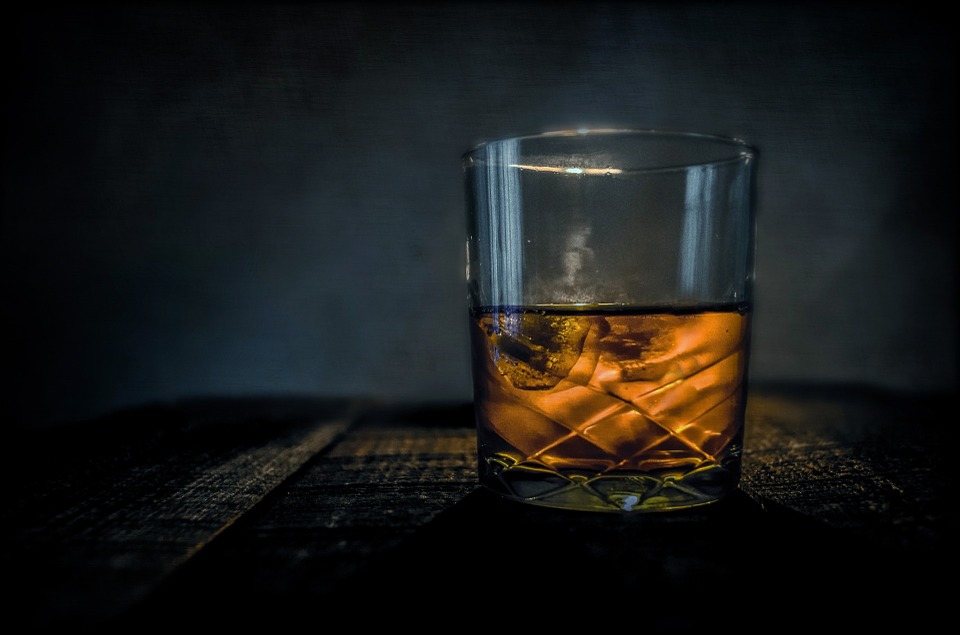
Photo courtesy of pixabay.com
No, not the Victoria’s Secret Angels. Whisky stored in barrels gradually evaporates at a rate of 2 percent a year. This is referred to as the famous “angel’s share.”
It has 40 percent ABV or more.
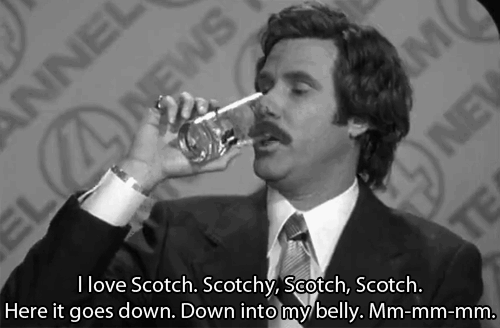
GIF courtesy of tumblr.com
Scotch has to be bottled at a minimum of 40 percent ABV but sometimes they can be more than 60 percent. So always check the bottle; you don’t want to get too drunk off these.
There is such thing as a whisky allowance.
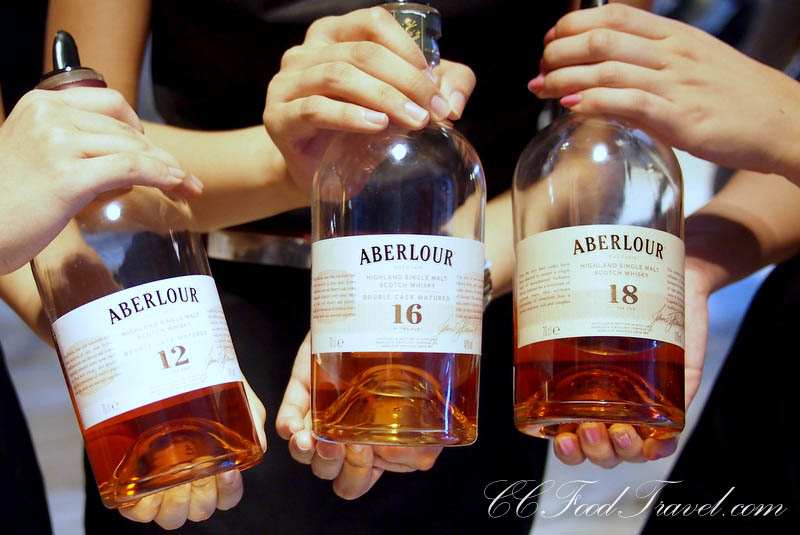
Photo courtesy of flickr.com
In order to prevent workers from stealing whisky, distilleries would often give them a “whisky allowance” (a certain number of bottles of whisky per year). This may have contributed to problem drinking with some workers. This is still practiced as a form of product allowance that can be traded for products.
It is aged in recycled bourbon oak barrels.
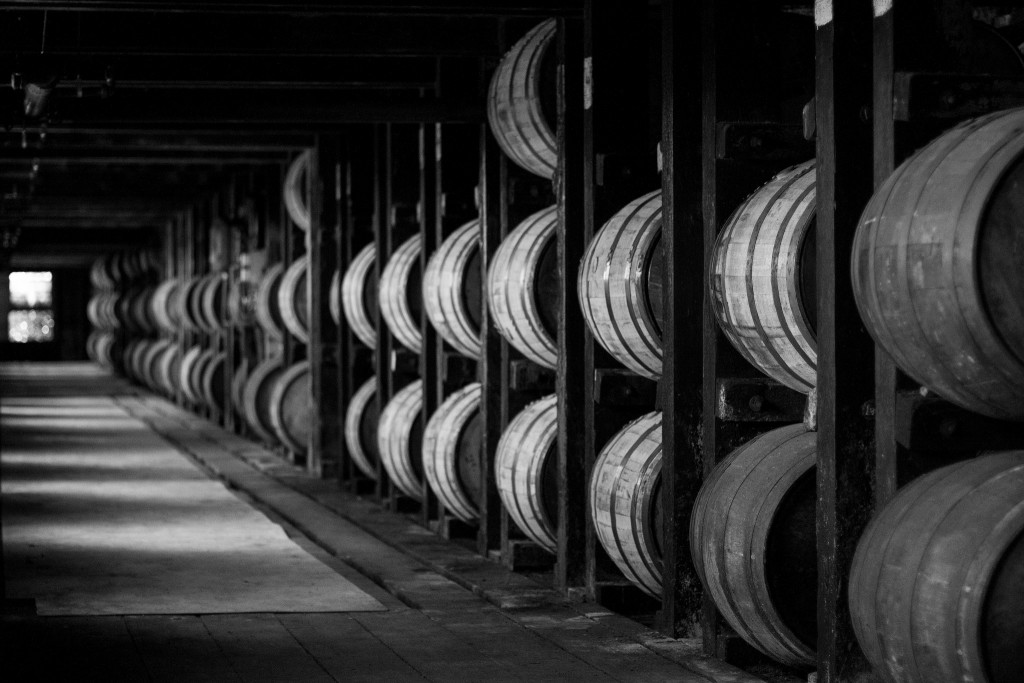
Photo courtesy of flickr.com
Most scotch whiskies are aged in American bourbon barrels. Bourbon isn’t aged as long as Scotch so there’s still a lot of character left in the charred-oak barrels that are shipped to Scotland for re-use.
It has fewer calories per shot.
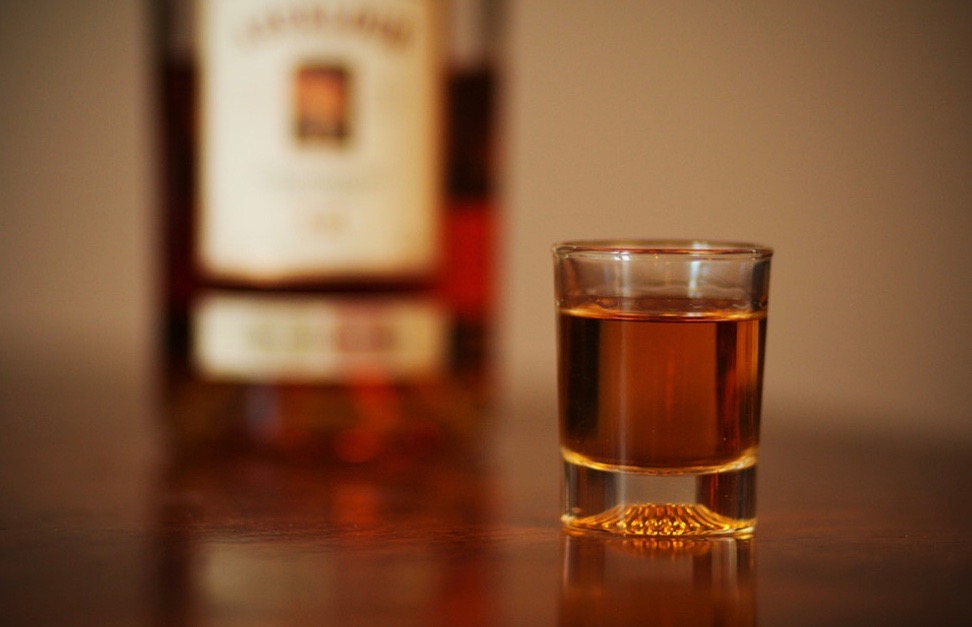
Photo courtesy of flickr.com
A standard measure of scotch whisky of 1 oz contains 55 calories as opposed to the average 80 calories per shot. Not that you should be taking shots of scotch, but at least you don’t have to feel as guilty.
Truth is? Yes, scotch is more expensive because it’s imported and it has to be aged at least three years. But it’s great and you should definitely give it a shot. But don’t take it as one, sip it slowly and enjoy.


